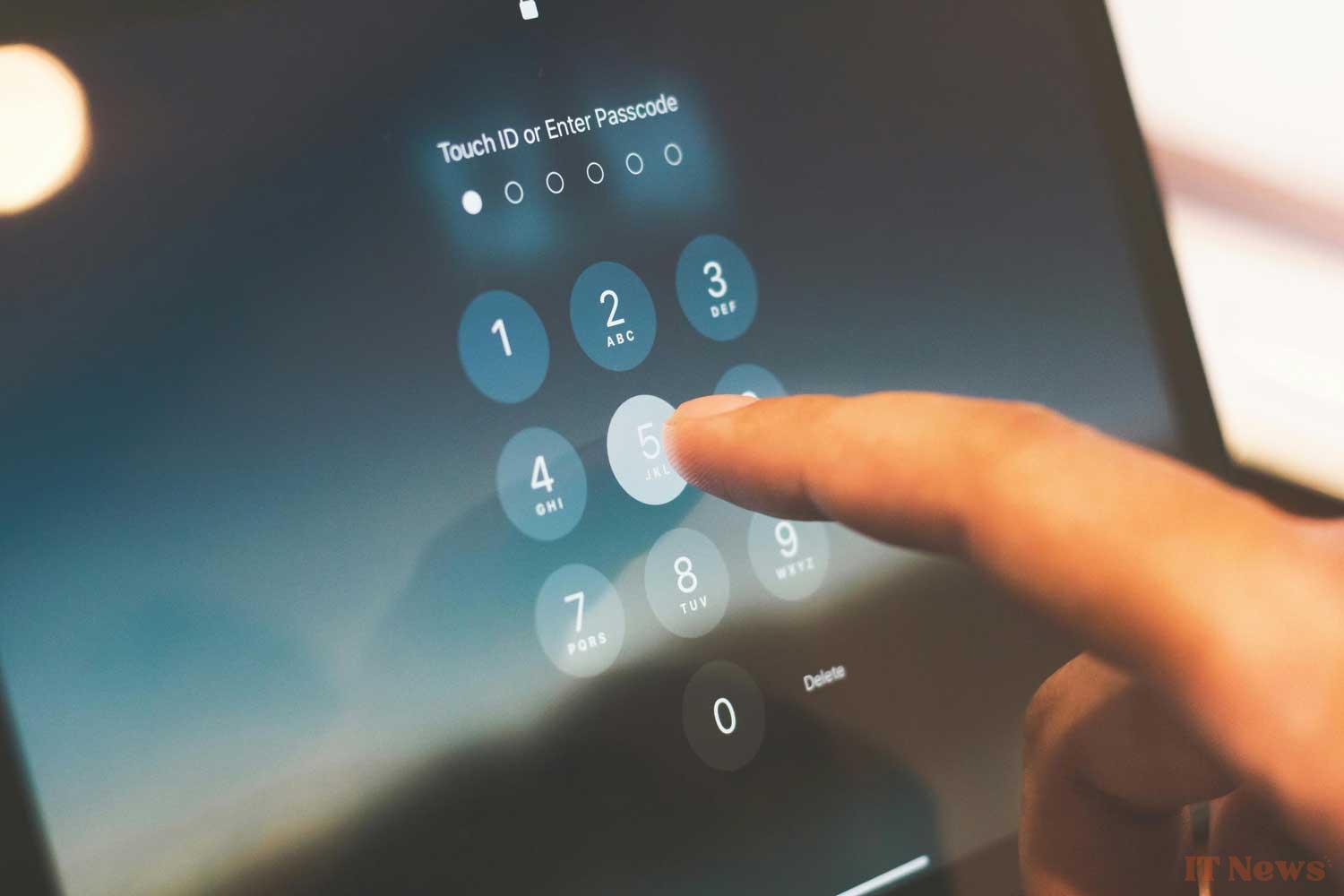Publicly accessible without a single password or even the most basic encryption measures, this digital treasure trove was brimming with sensitive information. In total, 18,416,2718 unique identifiers were thus at the mercy of anyone who was even slightly curious. "Just by examining a limited sample of the exposed documents, I saw thousands of files including email addresses, usernames, passwords, as well as URL links to access or authenticate to the accounts," details the expert.
The list of services whose access has been compromised is dizzying: Apple ID, Amazon, Discord, Instagram, Snapchat, Twitter, WordPress, Yahoo... But the most alarming thing is that this massive leak does not spare much more critical access. We are talking here about login information for government portals of several nations, banks, various financial institutions, and even health platforms. "I also noted the presence of identifiers for bank and financial accounts, health platforms, and government portals from many countries, which could expose the individuals concerned to significant risks," warns Jeremiah Fowler.
To ensure the veracity of this explosive data, the researcher did not hesitate to directly contact certain individuals whose information appeared in the database. Their feedback was unequivocal: the passwords were indeed authentic and active. Alerted immediately by the researcher, the web host concerned promptly restricted access to the server, while keeping the identity of the owner of this dangerous directory confidential for the time being.
How could such a mass of sensitive data have been amassed?
The lead favored by Fowler leads straight to "infostealers." These malware programs are specifically designed to siphon personal information directly from infected devices. "This type of malware typically targets credentials stored in web browsers, email clients, and instant messaging applications," the researcher explains. "Some variants even steal autofill data, cookies, and cryptocurrency wallet information—and can even take screenshots or record keystrokes," he adds. To spread these spyware programs, cybercriminals often use tried-and-true methods: booby-trapped emails or pirated software loaded with payloads. A major concern, the researcher emphasizes, is the compromise of email accounts, such as Gmail. These can become "real treasure troves of data for criminals." And for good reason, he laments: "Many people unknowingly treat their email accounts as free cloud storage and keep years of sensitive documents, such as tax forms, medical records, contracts, and passwords, without considering their sensitivity."
In accordance with his ethics as a researcher, Jeremiah Fowler assures that he did not download this database, limiting himself to screenshots for verification purposes. Given the scale of the threat, he advises users to be aware of the sensitive information lying dormant in their email accounts. He adds that it is important to take the time to "regularly delete old sensitive emails containing personally identifiable information, financial documents, or any other important files."



0 Comments